How to make a screen from scrap materials with your own hands?
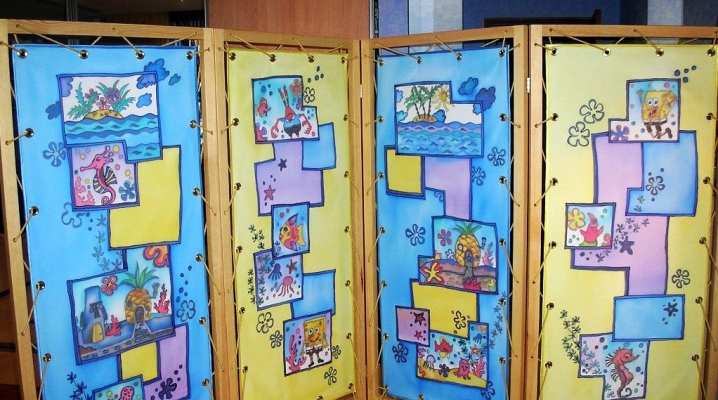
When the room is small, and it needs to be divided into zones so that part of the room is fenced off, a screen comes to the rescue. You can also purchase it in the store. But you can make a screen out of scrap materials with your own hands. And if you apply a little imagination and skill, you get a very interesting option.
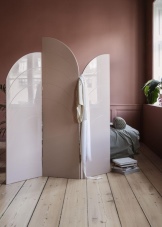
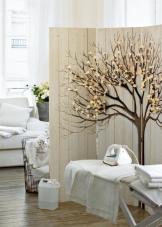
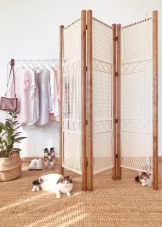
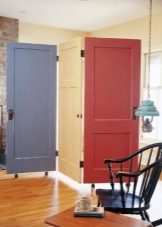
Tools and materials
Before proceeding with the very manufacture of this piece of furniture, you need to decide on the size and decide from what materials it can be made. It may be more convenient to build a screen from what is available, but you may have to buy something in addition. After all this product often not only performs its direct functions, but also becomes a very attractive decorative element... It all depends on how you approach the manufacturing process. There are plenty of options.
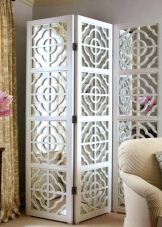

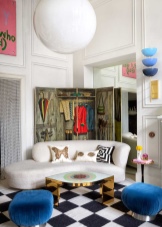
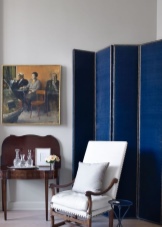
When making a screen, you may need the following tools:
- saw;
- hammer;
- screwdriver;
- drill;
- sandpaper;
- furniture stapler;
- varnish;
- screws;
- glue;
- brushes.
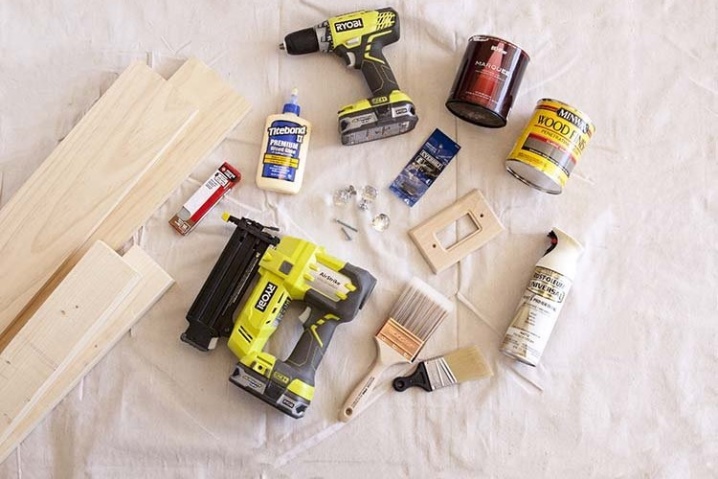
With regard to materials, this will depend on the option chosen. Depending on this, the following will come in handy:
- wooden bars;
- cardboard pipes;
- cardboard;
- the cloth;
- branches;
- plastic panels.
The more unusual the material, the more original the design looks, and the more possibilities for its design.
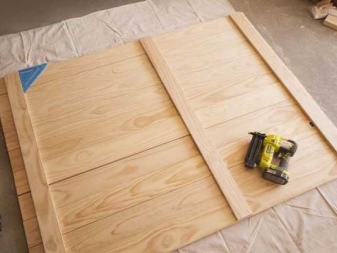
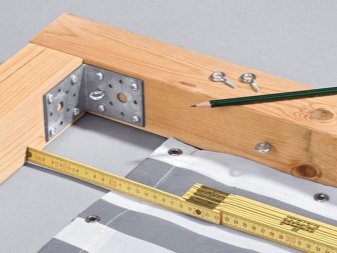
How to make a screen for a room
Let's see how it looks the traditional version of making a screen with your own hands from scrap materials.
- First you need to take wooden blocks (their length and number will depend on what size of the screen is conceived). At the ends of all the bars, grooves are cut out, thanks to which the structure is connected.
- Fasten the bars together with glue. And when it is completely dry, you should walk well over the surface with sandpaper so that there are no roughnesses. Then the resulting frames are varnished and allowed to dry for 24 hours.
- Next, you need to attach door hinges to the resulting structures using a screwdriver. So all the frames can be connected together.
- The next step is to attach the fabric. The easiest and most convenient way to do this is with a special furniture stapler. The fabric needs to be pulled very well over the structure before being secured. Otherwise, the material will then sag ugly.
- The final touch will be the introduction of design elements, if they were originally conceived.
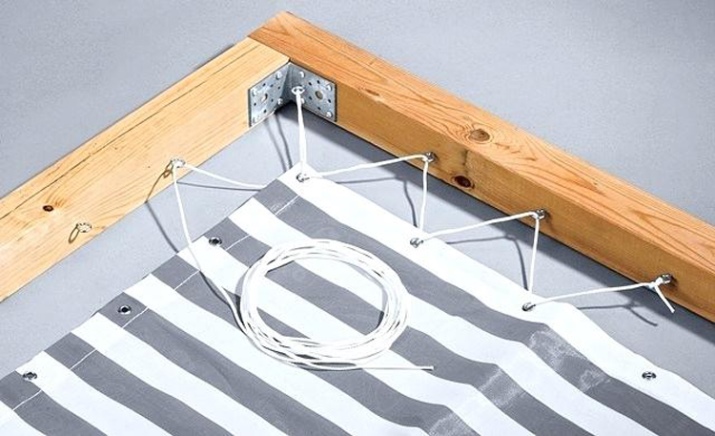
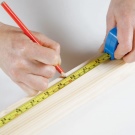
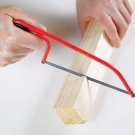
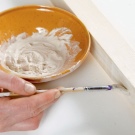
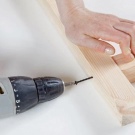
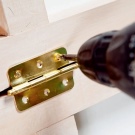
In this version, there can be various solutions - it all depends on the style of the room where the screen will be located. You can not pull the fabric tightly, but, on the contrary, beautifully drape it. Perhaps some decorative details will be added there.
Instead of fabric, a mesh is sometimes used, on which you can then apply drawings or simply paint it.
An interesting option would be burlap, and even ropes stretched along the structure.
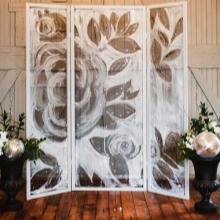
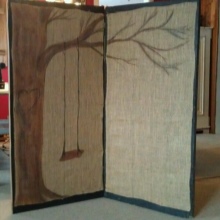
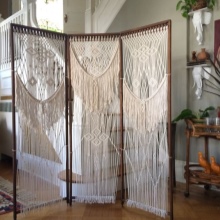
But wooden blocks are not the only material from which a screen can be made. A very simple and original option is cardboard pipes. Various materials are usually wound on them, and they can be obtained from hardware stores.
In order to make such a screen, you need to make two holes at the same distance in each cardboard tube from below and from above. First, you need to accurately measure and mark the distance where you will have to drill holes. Then it only remains to stretch a long cord through these holes - and the original screen is ready. Finally, the entire structure can be varnished or painted.This option will look especially good in rooms that are decorated in a minimalist style.
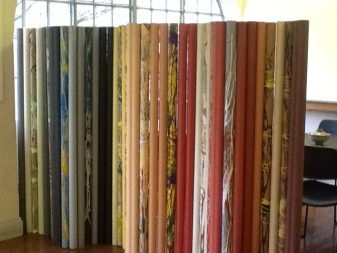
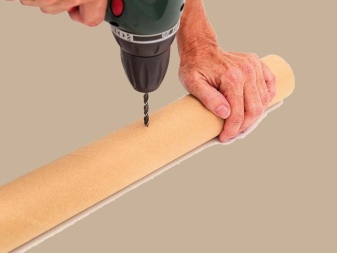
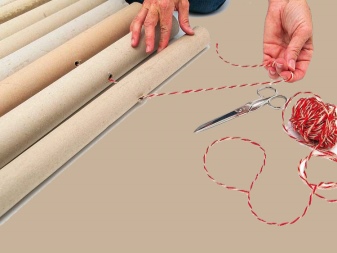
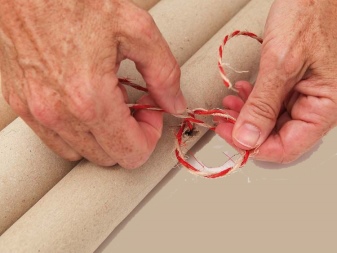
Screens made of branches look interesting. They are perfect for Japanese-style rooms, chalet or Provence style. To create such a work, you need to attach the branches to the prepared frames with glue. Then they need to be varnished so that the screen has a finished look.
A very simple and budget option is to place sheets of hardboard or cardboard in prepared frames, cover them with varnish or paint, you can even paint them, creating whole pictures.
Another option, where cardboard is used, does not imply frames. For this, identical figures are cut out of cardboard, in each of which slots are made so that they can be fastened together. It turns out a kind of constructor - such a screen can be disassembled at any time, giving the details a different color.
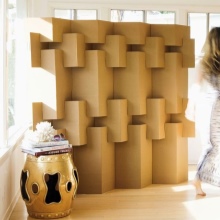
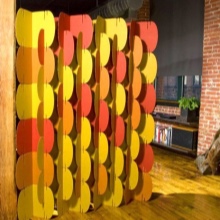
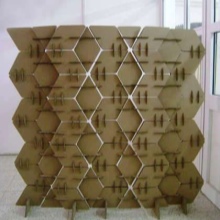
Design options
When the main work on creating the screen is completed, you can think about how to decorate it. Rather, you should think about it in advance, even at the stage of preparation. After all a new piece of furniture should be combined with the main style of the room.
If, for example, the room is decorated in oriental style, then fabric drapery, rhinestones, and beads will be appropriate. If this is a nautical style, then you can safely add a little nautical theme to the screen made of burlap or ropes - pebbles, shells, an anchor or a miniature steering wheel.
If there is an artist in the house, you can stretch the canvas over some parts of the screen or one of the parts and paint a landscape. Little aspiring artists can paint pictures on cardboard.
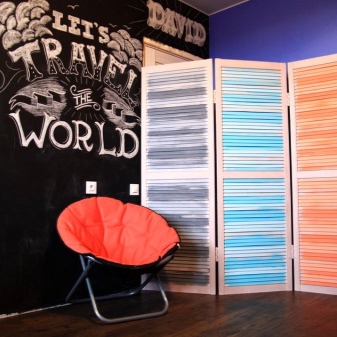
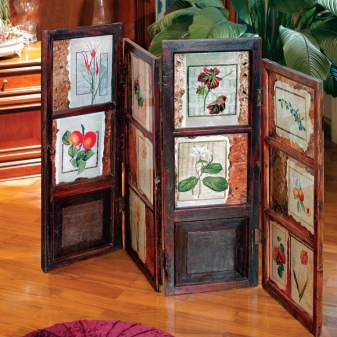
To the screen that is created from branches, an addition in the form of leaves or flowers, as well as natural materials, will be appropriate.
If there is a need to see how the screen will look in the finished version, you can see ready-made examples.
- A screen decorated with colored glass mosaic looks extraordinarily beautiful. She will decorate any room and fit into many styles.
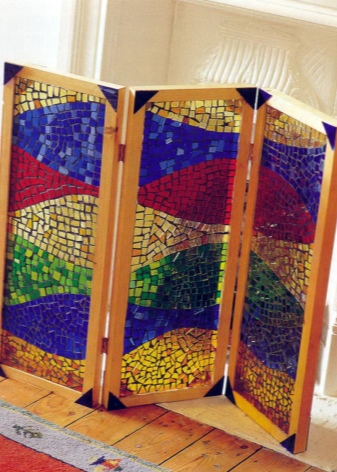
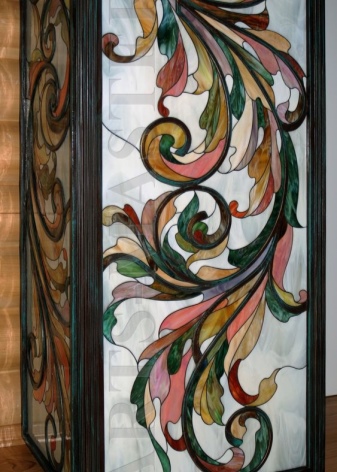
- This is such a festive and stylish design of twigs, to which garlands of lights are added.
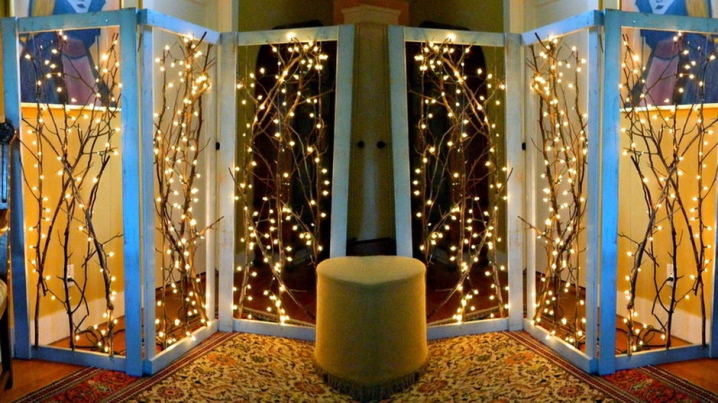
- The screen, simply covered with fabric, also looks harmonious. The main thing is that it fits into the overall interior, as in this case.
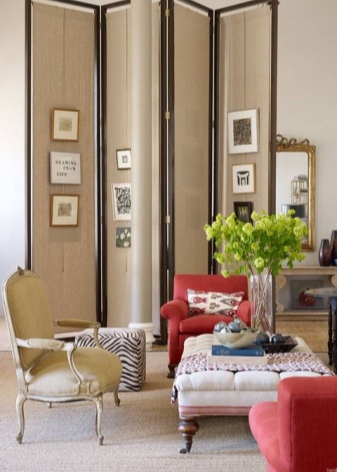
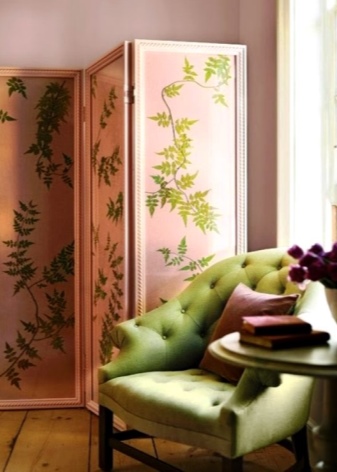
- And this is what an option looks like, which can be created with the children. To do this, you need to cut out parts from cardboard and fasten them together.

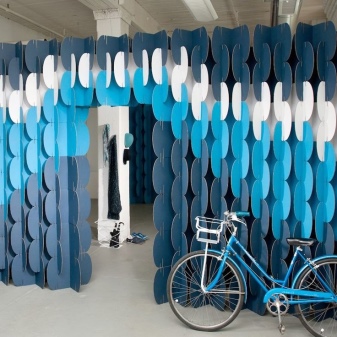
A master class on making a screen of their improvised materials is presented in the video.













Super! Thanks for the idea!
The comment was sent successfully.